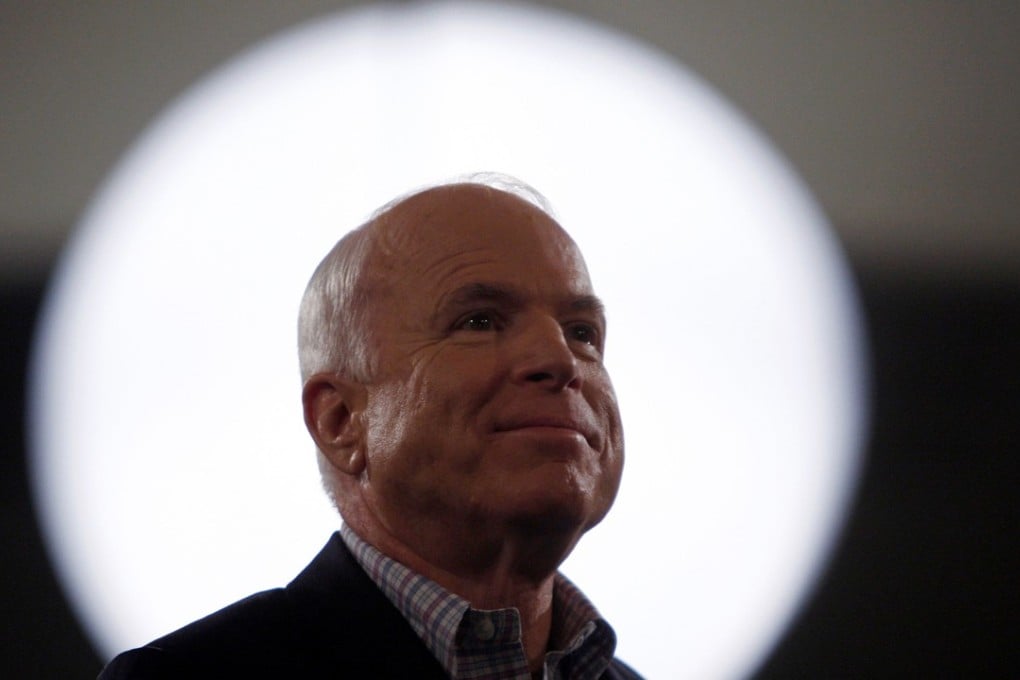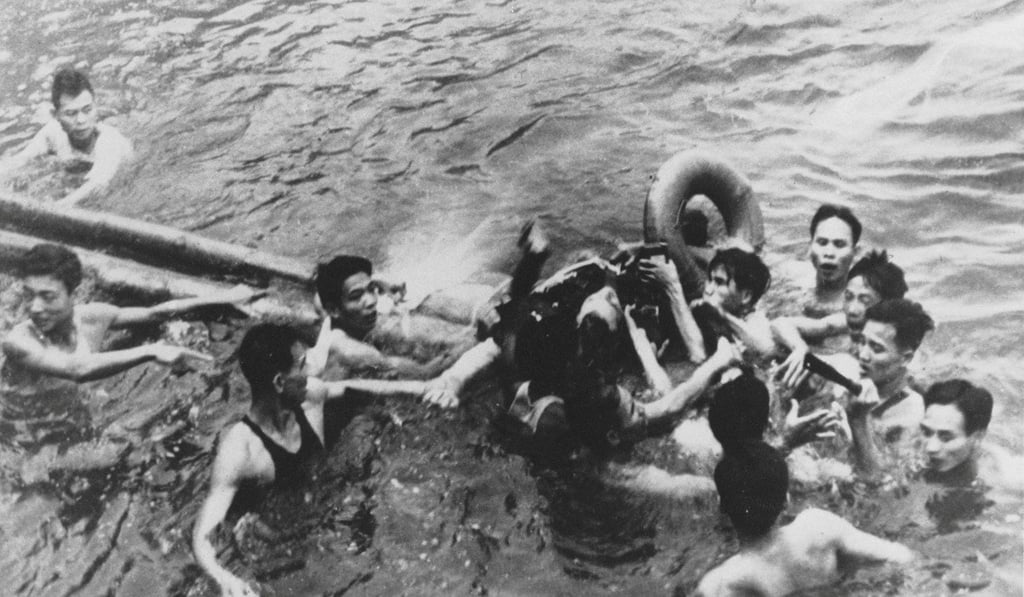How Vietnam fell in love with John McCain
From a navy captain bombing Hanoi to an esteemed friend of the country, the late senator mirrors America’s complex relationship with Vietnam. But there’s more to McCain’s appeal in Vietnam – he was years ahead of his peers in rooting for friendship

ALMOST 51 YEARS after then-US navy captain John McCain was retrieved from Hanoi’s Truc Bach lake by a vengeful crowd, his former foes see the late American politician in a very similar light to the country he served – as an enemy turned friend.
The Reagan administration maintained that Vietnam deserved no diplomatic recognition while its troops occupied Cambodia, while unfounded reports that missing American servicemen remained imprisoned in Vietnam made recognition of the Hanoi government politically unpopular.
McCain, however, made support for renewed relations one of his first of many rebukes of presidents from his own party, introducing failed legislation and penning an op-ed in The Washington Post in 1988 to pitch the idea.

“McCain had respect for the Vietnamese and wanted closure on the war. Reagan was committed to ‘rolling back’ communist gains,” Abuza says. “Reagan and [then-Chinese leader Deng Xiaoping] both saw Hanoi as a Soviet proxy that had to be contained.”